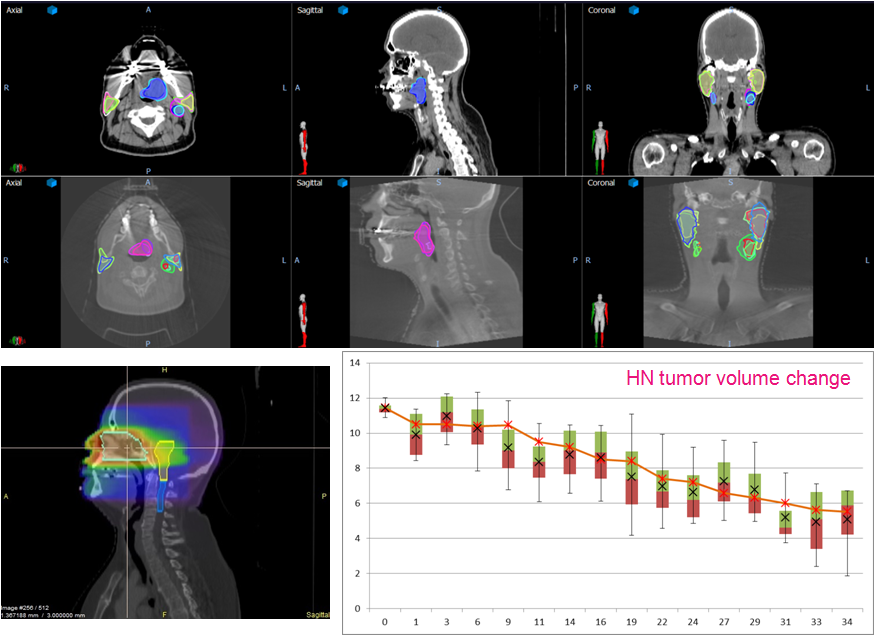An eScience Program for the Advancement of Care in Oncology - Imaging as a Biomarker and Big Data Analysis The OncoSpace Project (JHU - Rad Onc) The explosive increase in data volume associated with technological
advances in detection and computation poses major challenges to the continuing advancement
of health care. A foremost hurdle lies
in the utilization of multi-faceted data where the sheer volume impedes decision
making and collaborative research. Equally disconcerting is the lack of an
effective and efficient forum to promote learning from one another’s experience.
In response, we propose to develop a fundamentally new healthcare informatics
infra-structure and research paradigm where data are not sent away; instead
they are maintained locally to support approved queries and analyses that are
sent in by internal and external healthcare providers, researchers, trainees
and patients. The inherent data sharing model enhances the efficiency of clinical
research, fosters data reuse and increases the breadth of clinical knowledge
available to the community. Incorporating Imaging Data into OncoSpace Our
long term goal is to maximize the availability and utilization of clinical data
to improve healthcare delivery and reduce its cost. Our technology is OncoSpace, a database for
structured information modeled after the successful SkyServer program developed
by the Department of Physics and Astronomy at Johns Hopkins University. OncoSpace is intended for federation at
different oncology centers to support data sharing. We choose radiation oncology as a meaningful
use-case model where multi-modality imaging and multi-faceted non-imaging data
are employed in the management of a patient’s treatment. We have demonstrated
the feasibility of web-based remote query of dosimetry and toxicity data in an
OncoSpace installed at a collaborator site. While there are non-technical
issues such as privacy protection that must be addressed, our proposed effort to
the Toshiba’s initiative is to expand the capabilities of OncoSpace to
incorporate multi-modality imaging for decision support. In particular, we will
focus on the management of patients with head and neck (H&N) cancers where
treatment and intervention strategies are significantly challenged with the
increasing volume of repeat multi-modality (CT, PET, MRI and Ultrasound)
imaging and where traditional data management has not been conducive to data-reuse
and decision support. Radiation treatment
of H&N cancer is highly suitable to explore imaging as bio-markers. |
|
|

